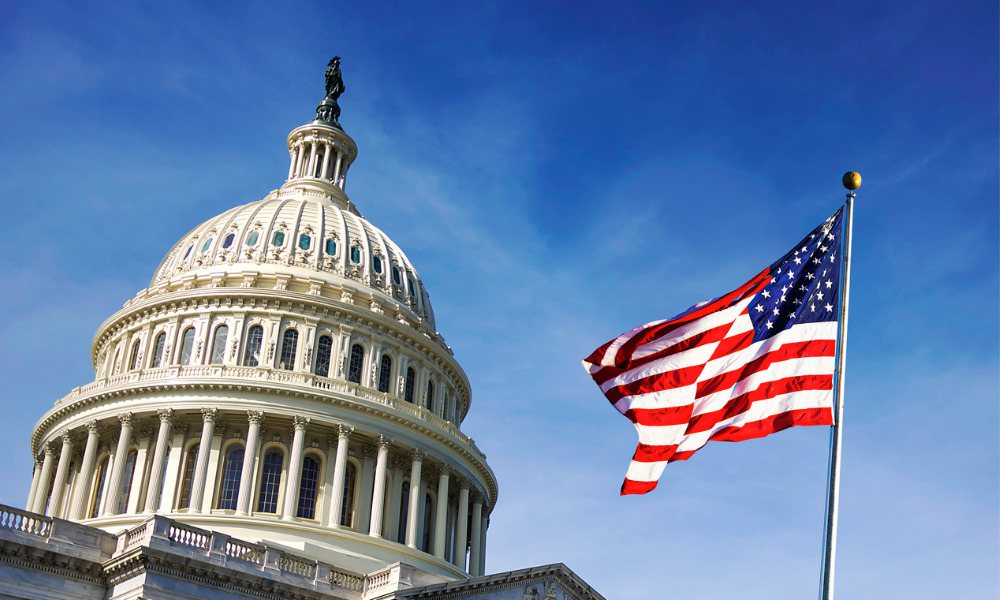While markets have reacted to Joe Biden's election, Canada's economy and its pandemic challenges remain priorities

The prolonged US presidential election count, while perhaps still to be officially contested, produced the result the markets were largely expecting.
But while the route to Joe Biden’s election and the surrounding narrative may at times have seemed like a circus, it remains a sideshow to the current priority issue, the pandemic and the economic woes it has created.
With Ontario entering a new tiered approach to restrictions and virus cases remaining elevated nationwide, the initial ‘Biden boost’ (which has sent stocks to a record high in early trading Monday) is likely to be short-lived - for domestic markets at least.
Although jobs data shows a slowing of employment gains – there were just 84,000 added in October according to Statistics Canada data released Friday – the labour market is still growing.
But while overall economic growth has continued in recent months, there are warning signs from regions that are ahead of Canada in terms of the second wave.
“We can look across the pond to Europe, where even higher caseloads seem very likely to squeeze Q4 GDP, for what could be in store here if we can’t contain infection rates,” warned CIBC economist Avery Shenfeld in a client note.
CIBC’s Royce Mendes also commented on the latest jobs data and said that it was possible that the survey was done “too early to capture all of the economic pain” or that demand lost in some sectors may have been diverted to others (such as higher spending on groceries as restaurant trade was impacted).
TD Economics’ Ksenia Bushmeneva also noted that the bounce-back that followed the first-wave lockdowns has slowed.
“All in all, the leaps and bounds seen in the recovery early on are now turning into baby steps. Given rising virus case counts, a bumpy road lies ahead, with economic outcomes dependent on the path of the virus,” she concluded in a report last week.
Biden risk or opportunity?
There are risks from a Biden presidency for Canadian business sectors including energy, with a potential cancellation of the Keystone XL pipeline project.
But there will also be advantages.
"It could possibly open up more investment into the Canadian oil sector, and even the gas sector itself," Stephanie Kainz, a senior associate with analytics firm Enverus told CBC News. "You have a really deep inventory in Canada and years and years of production ahead of you."
While the virus dominates, markets should benefit from greater certainty according to Nigel Green, CEO of global financial advisory deVere Group, who expects a further rally.
“Even possible legal challenges from Trump will be dismissed by investors who will instead be focusing on the renewed certainty and stability that a Biden White House will bring, including in key areas such as trade tensions with China, keeping the US in the World Health Organization, resigning the Paris climate agreement, and abiding by other international agreements and long-standing international allies,” he said.
Fiscal stimulus for the US economy will be watched closely and may not be the size that Biden had hoped for due to the Republican-led Senate. However, the Senate will also means keep a rein on regulation and taxes which the markets will like.
But Green says that the president-elect needs to make good on his promises around uniting Americans or face a real risk.
“The world is looking at America, it needs to lead the world economy in a positive, forward-thinking and smartly way - and at pace,” he said. “If it doesn’t, we can expect American economic dominance to ultimately be replaced by an emerging and fast-growing Asia.”


